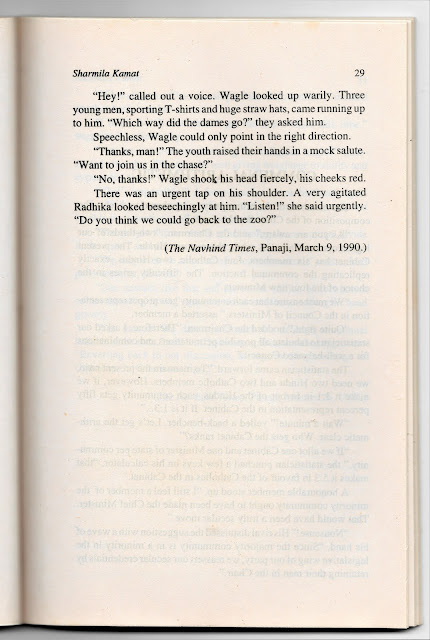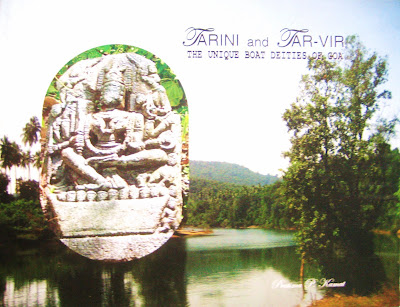The Wagles' Goan Jaunt - a spoof written during the airing of the original Wagle ki Duniya that was shown on Doordarshan from 1988-1990.
This is a fictional account of the Wagles' going to Goa for a vacation. This is when Raju and Manoj, the Wagle sons, were young boys.
In the new Wagle ki Duniya - Nayi Peedhi, Naye Kissey, Raju, now a householder with two children of his own, wants to go to Goa for a holiday with his parents, wife and children. His plan is stymied when he injures his foot.
Still, what if things turned out different and the Wagles travelled to Goa for sun, sea, sands and serenity?
Would things be different this time around?
Here is a look at what happened on the last Goan Holiday:









